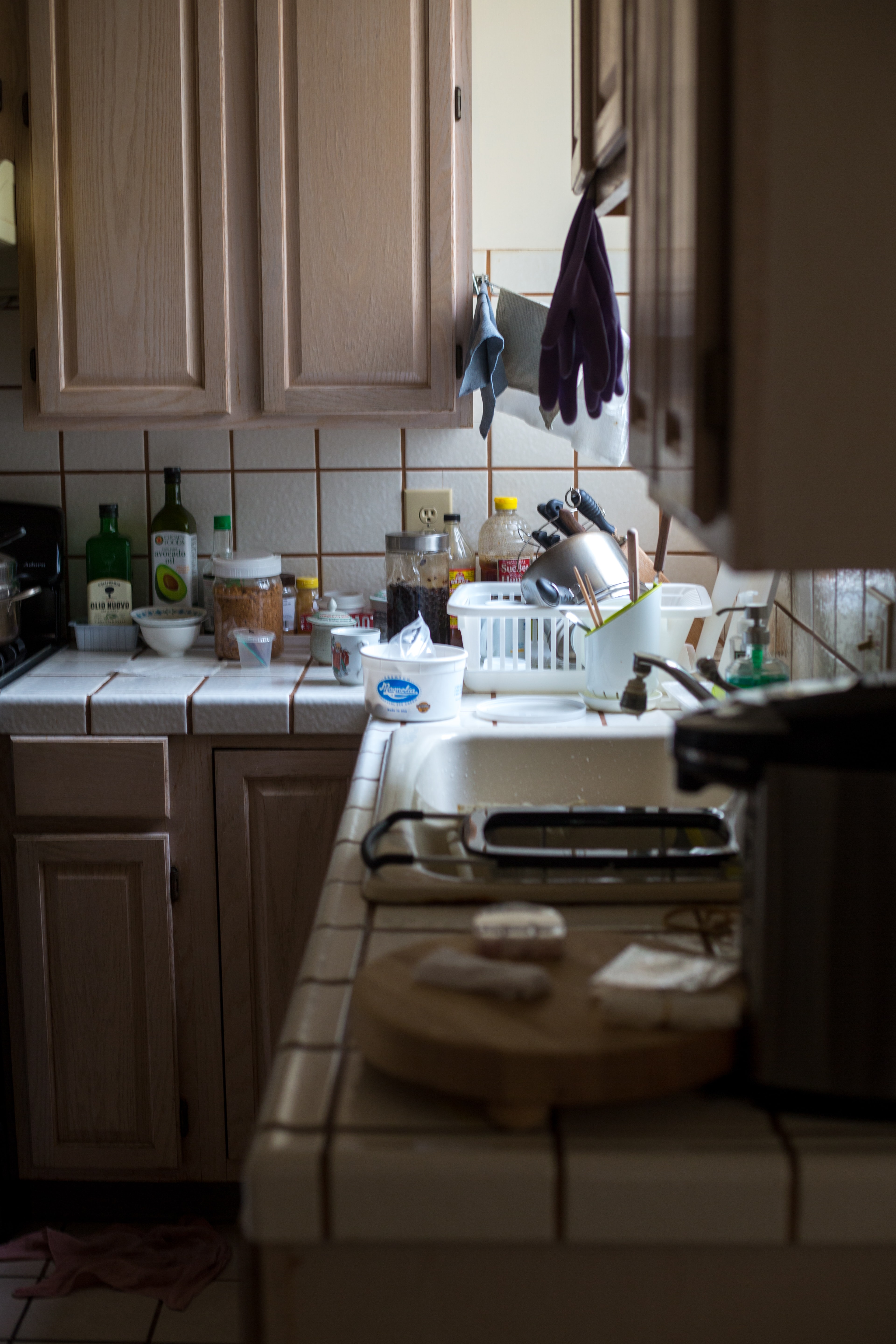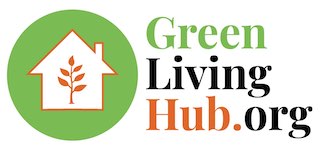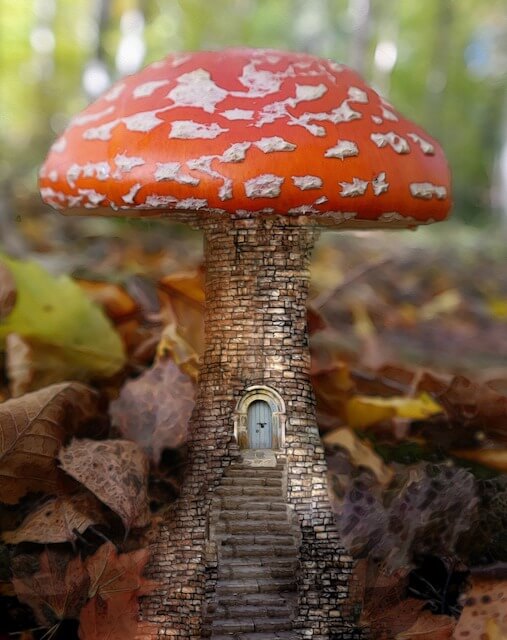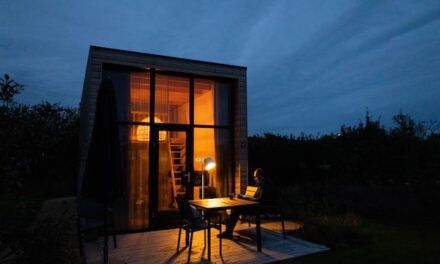There are many pros and cons of tiny homes. Let’s look at the pros first.
What are the advantages of tiny homes?
The pros of tiny houses are that they are more affordable than traditional homes, they use less energy and resources, they can be more sustainable, they can be easier to maintain, and they can be cute and cozy.
What are the disadvantages of tiny homes?
The cons of tiny houses are that they may not have enough space for all of your stuff, you may feel claustrophobic, it may be difficult to sell in the future, and you may have trouble getting a mortgage. There’s also the challenge of utilities, waste management, location, security, and insurance. Let’s look at these in a bit more detail.
Finding Space
Tiny homes are really tiny. You may have to downsize your belongings. Storage can be a serious challenge depending on how much stuff you’re trying to hold onto. Things get very messy very quickly. Leave a few items out on a counter and suddenly the place feels like a tip. You will have to get into the habit of ALWAYS putting everything back in its place or run the risk of a chaos eruption in your personal living space. One of my friends has been living in a van for the past year and the thing he is starting to struggle with is space.
If you’d like to get some inspiration about how to manage storage in a tiny home then have a look at this video from Living Big in a Tiny House, where Bryce Langston curates some of the storage videos he has collected over the years from visiting people who live in tiny homes.
Poor sales market
You may also find it difficult, if not impossible, to sell your tiny home in the future. There is currently not much of a real estate market for tiny homes. The demand for tiny houses is relatively low, which means that there are not as many potential buyers as there are for traditional homes. Tiny homes are, well, tiny, and that’s part of the problem. Most people haven’t downsized sufficiently to be able to live in a tiny home and wouldn’t want to buy one. Even though tiny homes generally cost less than traditional houses these costs can add up depending on the features and quality of the finishings.
Difficulty finding a mortgage
The more expensive the tiny home the more likely that you might need to consider a loan and you may struggle to find a mortgage for a tiny home.
Utilities
If your tiny home is not designed to operate entirely off-grid you are going to have to find ‘hookups’ for your power, gas, water, and any other utilities that you may need. Your home will need to be designed to be connected to these types of services and you will need to find a service provider at the site you choose to locate your tiny home.
Some tiny homes are entirely or partially self-sufficient in terms of energy and water use. However, self-sufficiency has its challenges, like running out of power or water. There is also the challenge of optimised capacity – trying to figure out how much battery backup power you need or how large your water-holding tanks need to be can be difficult if you don’t know what your tiny home consumption is. It’s a classic chicken and egg problem. Until you live in the home and use it you won’t really know what your consumption is. Then there’s the other inconvenience of seasonal differences, where winter may require a significant amount of additional heating solutions.
Waste Management
Waste management can be a major headache. If you’re at a location that is not in a traditional municipal, council, or local authority zone where waste removal is available then managing your own waste and disposing of it legally is going to be a significant challenge. The last thing you want to do is tarnish the reputation of the tiny home community because of irresponsible waste management practices. This will make it more difficult for you and others in the community to find space to locate your tiny home in the future.
Land and planning permission
Finding space to locate your tiny home is going to be a challenge. Different countries have different rules and regulations and so it’s important to understand the legal requirements in your territory. If you are based in the UK, this article is a good start.
Security
Then there’s the problem with security. If your tiny home is built on wheels then there is a risk of theft, which is not something traditional houses are afflicted by.
Insurance
Insurance is also going to be a challenge. If your tiny home is built on wheels then the insurance is going to fall into the category of a caravan or a camper van. You might find it difficult to justify the replacement value of your tiny home and so in addition to potentially high insurance costs, you might also not get everything back in the event of a claim.
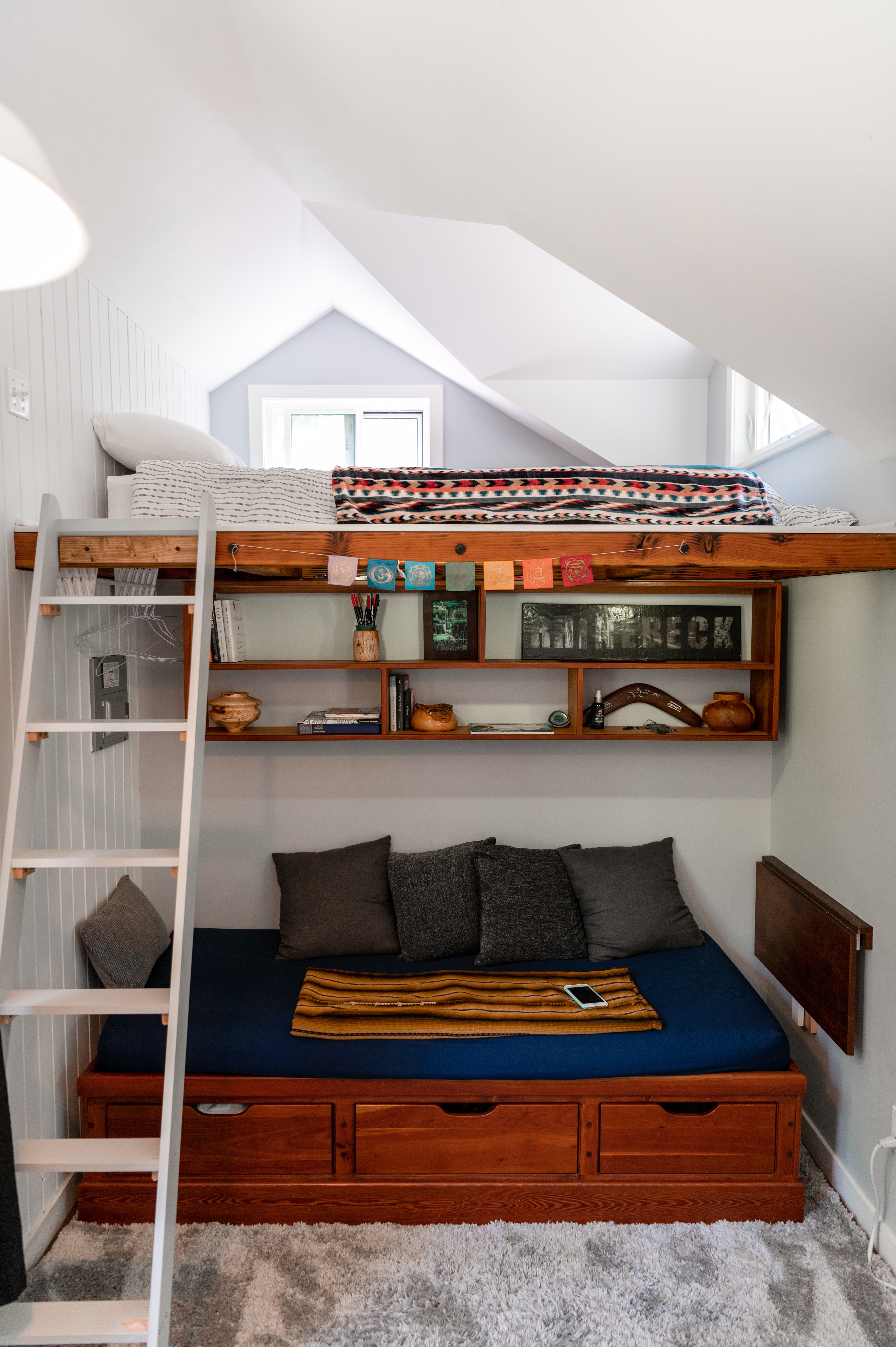
Keeping everything neat and tidy is a significant challenge in a tiny space.
